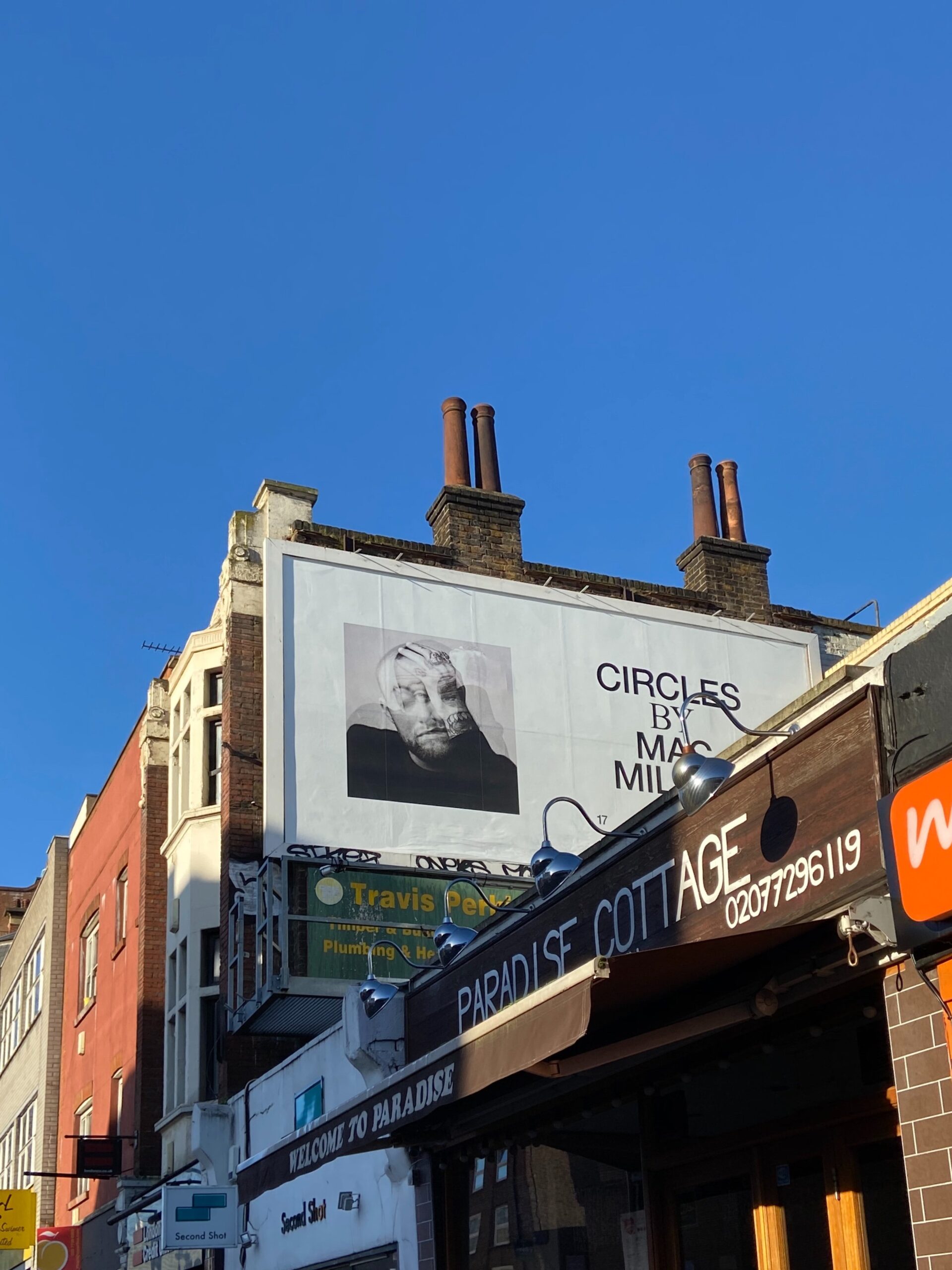There’s a running theme among celebrity deaths that have occurred over the past few years: fentanyl.
This afternoon, a man named James Pettit was arrested for selling the late rapper Mac Miller counterfeit pills two days before his death. While Miller had believed he was purchasing cocaine, Xanax, and oxycodone, the pills Pettit sold him were apparently laced with fentanyl, a deadly opioid that’s 50 times more powerful than heroin.
According to the coroner’s analysis, Miller’s bloodstream contained alcohol, cocaine, and fentanyl, making it likely that his death was the result of Pettit’s falsification. Hours after Miller’s death, Pettit apparently texted a friend, “Most likely I will die in jail.”
Fentanyl was determined as a cause of death for Prince, Tom Petty, Michael Jackson, Los Angeles pitcher Tyler Skaggs, Wilco guitarist Jay Bennett, Lil Peep, and many more. In 2018, Demi Lovato almost died from an overdose on pills that were laced with the drug.
It’s not just reserved for the stars. Out of 5,152 opioid deaths in 10 states in 2018, fentanyl was involved in 3,700 of them, according to the CDC.
Why has counterfeit fentanyl, specifically, become so common among drug dealers? It makes any drug mixed with it much stronger, meaning that dealers can make much more money from selling less product. But fentanyl is so potent that even a slight miscalculation can result in death.
Sometimes called the third wave of the opioid crisis, fentanyl is rising in popularity across the nation, and some experts are calling for it to be treated like a poisoning epidemic.
Fentanyl is one of the deadliest drugs available, but it’s part of a larger opioid crisis that’s overtaken the US. Every 12 minutes, an American dies from an opioid overdose. In 2017, there were 70,237 drug overdose deaths, and 68% were caused by opioids.
If you are struggling with substance abuse, please call the SAMHSA National Helpline at 1-800-662-4357 for free and confidential information.
Learn the signs of opioid overdose here. Learn about how to purchase an over-the-counter overdose reversal drug called Naloxone here—it could save lives.
Related Articles Around the Web















